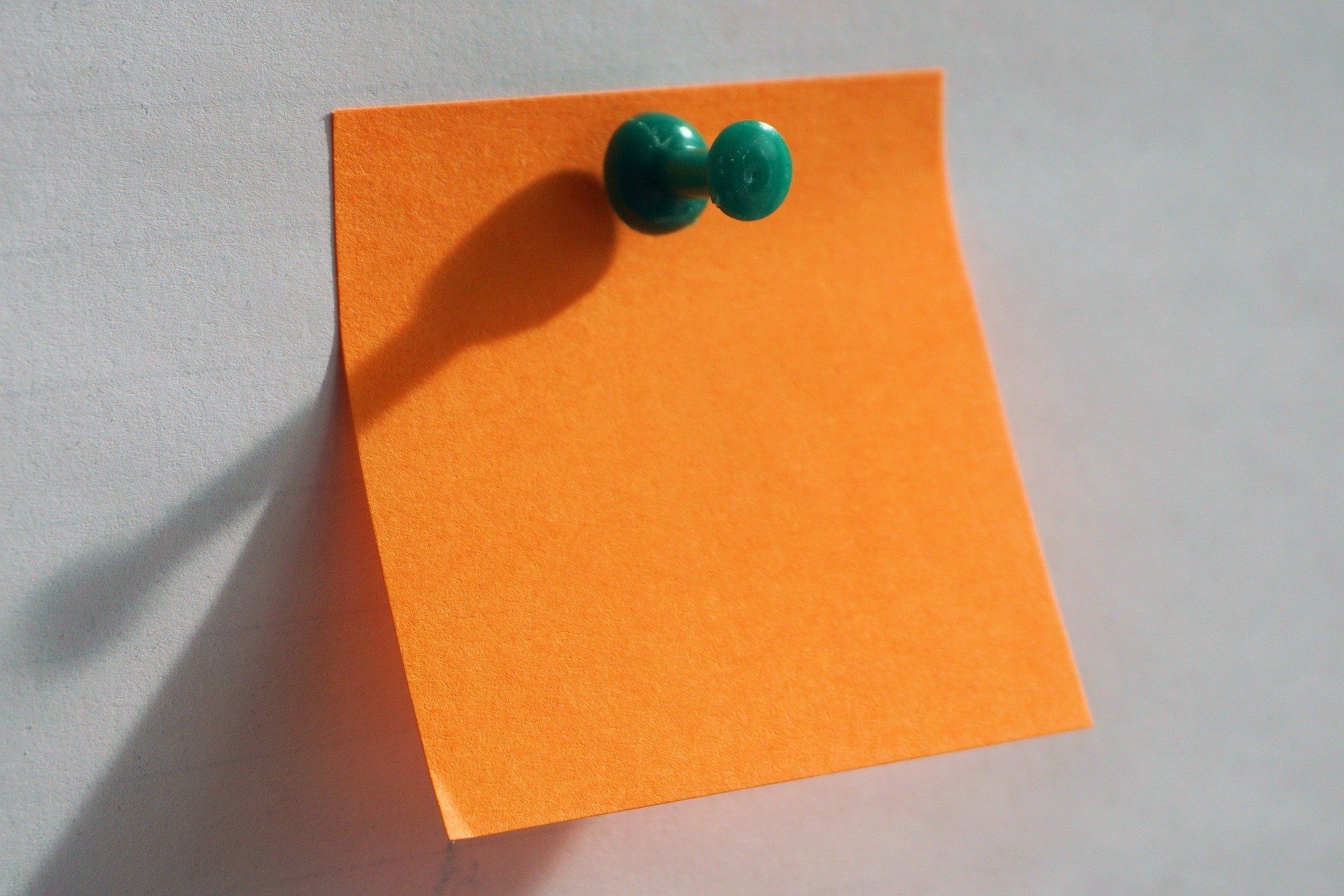Relaxation Training: a Practical Solution to Nervousness
People get tense even when doing activities they think of primarily as fun. Why? And what can you do about it?
Nervousness and tension come primarily
from two things: perceived importance
and uncertainty of the outcome
. Perceived
importance is how important the outcome is to you. Back when I was a collegiate
fencer, I would get terribly nervous before any dual meet. Since my team wasn’t
very strong, I knew that if I didn’t win all of my bouts, my team would
probably lose. I felt the pressure of
needing success for both myself and my team. When I started competing in local
United States Fencing Association competitions, I still felt a lot of pressure.
Later, as a world cup competitor, I considered local tournaments just part of
my training, and wouldn’t be nervous at them. The importance that you
personally give an event is the perceived importance. The same event may be a
big deal for one competitor and not at all important for someone else.
If you are playing against a six-year old in practice, you probably don’t perceive the outcome as important (you might even let the little guy win) and you have no uncertainty of the outcome - you either beat him or let him win, but you know it’s up to you. Likewise, if you are competing against the world champion, given your current skill level, you have a pretty clear idea of the probable outcome, so you don’t get so tense and just enjoy the experience while admiring your opponent’s skill.
But what happens when you are competing against someone who is your equal? Now the outcome is uncertain. And now, how does it feel when you know that you have to win this in order to qualify for nationals? Or to achieve whatever your goal is? The importance level rises. Significantly. So now you have both uncertainty of the outcome and a high perceived importance, and suddenly you are feeling a lot of tension. You need relaxation training.
What will relaxation training do? It relieves stress, and trains you to be able to reduce your stress during times of great pressure. Relaxation training helps you use your conscious mind to control the state of your muscles, so your body can perform its best. Tension flows between the body and the brain; when your muscles are relaxed, your mind can be more relaxed and think clearly.
There are many methods of relaxation training. My personal favorite is progressive relaxation training, because I have found it to be the most effective for my students. In progressive relaxation training, you tense and relax muscles systematically, training them to respond to a cue word. The muscles learn what they should feel like when you tell them to be relaxed with your cue word. In this case we will use the word “loose”. (I don’t recommend using the word “relax” because we tend to associate it more with tension than with real relaxation.) If you do this on your own, you can choose whatever cue word your mind associates with true relaxation.
How do you do progressive relaxation training ? You will tense various muscles and then relax them when you say your cue word. This trains the muscles to go to a truly relaxed state when you hear your cue word. Tighten the muscles, but don’t put yourself in agony. Tense and release each muscle segment twice before moving on to the next.
Follow these simple steps:
- Lie down comfortably on your back, with
your arms at your sides.
- Tense the muscles of your feet. Tell yourself “Feel the tension, hold the tension, hold it, hold it, hold it… and loose! All the tension is leaving my feet. My feet feel warm, and loose, and comfortable.”
- Tense the muscles of your legs. Tell yourself “Feel the tension, hold the tension, hold it, hold it, hold it… and loose! All the tension is leaving my legs. My legs feel warm, and loose, and comfortable.”
- Tense the muscles of your midsection – your buttocks, abdomen, and pelvic area. Tell yourself “Feel the tension, hold the tension, hold it, hold it, hold it… and loose! All the tension is leaving my midsection. My midsection feels warm, and loose, and comfortable.”
- Tense the muscles of your chest and back. Tell yourself “Feel the tension, hold the tension, hold it, hold it, hold it… and loose! All the tension is leaving my chest and back. My chest and back feel warm, and loose, and comfortable.”
- Tense the muscles of your arms and hands. Clench your fists. Tell yourself “Feel the tension, hold the tension, hold it, hold it, hold it… and loose! All the tension is leaving my arms and hands. My arms and hands feel warm, and loose, and comfortable.”
- Tense the muscles of your neck and shoulders. Tell yourself “Feel the tension, hold the tension, hold it, hold it, hold it… and loose! All the tension is leaving my neck and shoulders. My neck and shoulders feel warm, and loose, and comfortable.”
- Tense the muscles of your face and jaw (tighten your forehead and clench your jaw). Tell yourself “Feel the tension, hold the tension, hold it, hold it, hold it… and loose! All the tension is leaving my face and jaw. My face and jaw feel warm, and loose, and comfortable.”
- Tighten up all the muscles of your body, starting with your feet and adding the legs, midsection, arms and hands, neck and shoulders, face and jaw. Tell yourself “Feel the tension, hold the tension, hold it, hold it, hold it… and loose! All the tension is leaving my body. My body feels warm, and loose, and comfortable.”
- Notice how your body feels. This is the state of true muscle relaxation. Enjoy the feeling!
That’s it. The whole set should just take about five or ten minutes. But doing relaxation training just once won’t help much. On average, my students have needed to do this relaxation training session about thirty times before their body will react to their cue word when they are actually under pressure. In a month, most of my students have had excellent results. The ones that haven’t? They generally admit that they just didn’t get around to doing this training. But it’s easy to do – just remember to do it every night when you go to bed or every morning before you get up.
If that important competition or special presentation or performance is just two weeks away, try doing relaxation training twice a day, every day leading up to it.
Be patient and do the repetitions – the results will come! Some of my students in the past worked hard on this progressive relaxation training, and it really paid off. One student eventually responded to his cue word so well that if you put it in a sentence you could actually see his muscles relax whenever he heard the word. His cue word was “loose” and if I said “This grip is loose” his muscles responded instantly.
It helped another student once in the emergency room. At a tournament, he managed somehow to get a fleck of hardened paint in his eye. We couldn’t wash it out, so I took him to the emergency room. There was, of course, a big to-do, and soon he was on his back on a table with a doctor ready to remove it from his eye. They told me he would have to remain absolutely still, or it might go badly for his sight as the paint was directly over his pupil. I took my student’s hand, gave him his cue word, and his body went completely relaxed, the fleck was removed from his eye, his sight was restored, and the doctor immediately offered me a job. I had to tell him I couldn’t do this with just anybody; that we had trained the ability to truly relax into him.
Often the difference between winner and loser when the score is tied and the next action wins, is which athlete is more relaxed. I had one student who took his tied score win percentage from 50% to 95% by doing relaxation training.
You can use this in other areas of life, too. Many of my students have had to do presentations for school or work, and have found that using their cue words to relax beforehand has made it much easier to do an outstanding job.
Once you are getting a great response from your muscles when you use your cue word, you won’t need to practice on a daily basis. Do practice at least once a week, though, to maintain the response you want. If you feel it slipping away, increase your frequency of relaxation training.
There are other forms of relaxation training which I may present in future articles, but for now, I hope this progressive relaxation training helps you perform your best!





